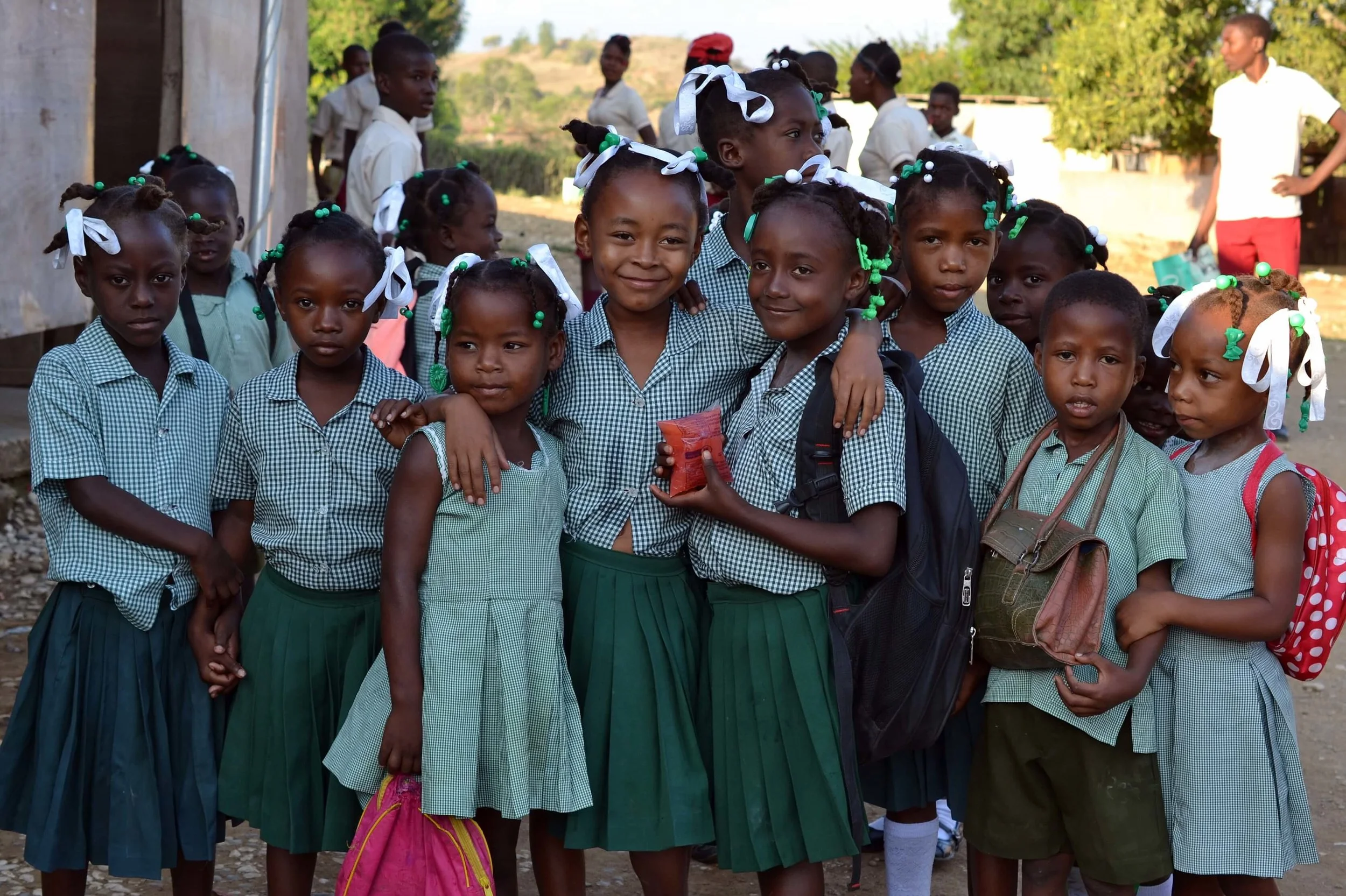(This post is part of my Truth Tuesday series on Facebook. For more information about our trip and the amazing work of Oliver and Rebecca to start a tuition-free school in rural Haiti, visit Caneille Regional Development Fund.)
Haiti is on my mind and in my heart. I’ll be processing this trip for months. It was an experience like none I’ve ever had.
For six days, we immersed in rural Haitian culture, language, and life. (Travel to Caneille from Port-au-Prince is a 4ish-hour ride over and around mountains, through communities, and eventually down a rough, bumpy road.) The homesteads in Caneille have no electricity or running water; they rarely have a latrine. People walk miles to fill jugs of safe drinking water. Ten people sleep in a hut the size of most American living rooms.
During our homestead visits, we asked, “What’s good about living here?” The responses were varied, but everyone was quick to find the good: we live in peace; we live in community as a family; the school helps our children; we help each other.
Yesterday, I shared this story in my prison meditation circle. One of the inmates asked, “Who’s happier, us or them? We have all this ‘stuff’ but it burdens us. Maybe they’re better off in ways we can’t imagine.” I nodded.
What does “happiness” mean? There are real problems in rural Haiti: lack of safe drinking water; lack of medical services; lack of varied food sources. And still, people greeted us warmly.
On each visit, families pulled out chairs (or makeshift chairs) so we could sit and talk. They described difficulties yet were proud of their homes, their gardens, and their children. They spoke honestly about their situation but did so with kindness.
The kids, in school and on homesteads, work hard and play hard. They hold hands and laugh. They explore and create. They participate with whatever is in front of them.
Haiti can grow and change in important ways. The people of Haiti, like all people, are worthy of basic human comforts: food, water, medicine. Yet I do wonder—as did the inmate yesterday—if the Haitian people are content in ways we don’t understand.
Walking through the beautiful countryside, greeting others on the path (in Creole), holding hands with young children, going into classrooms, and just listening to the sounds of Haiti, I’m drawn back; I’m called back. They have much to teach us.


